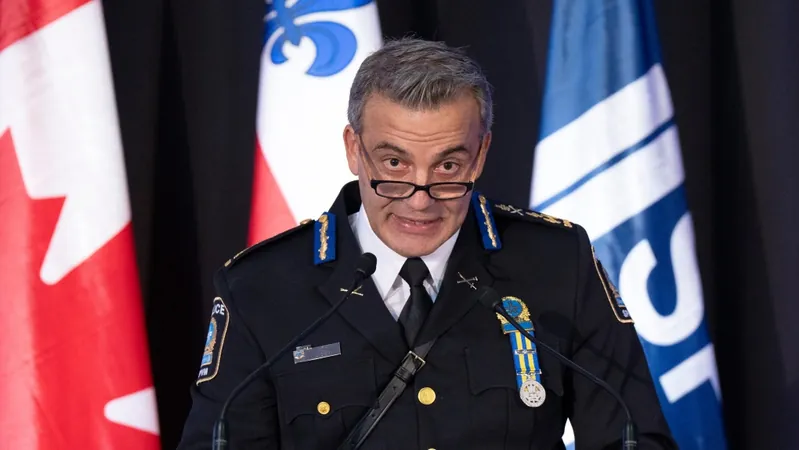
Montreal Unrest: Premier Demands Accountability as Police Investigate 'Extreme Left' Violence Post-Protest
2024-11-26
Author: Charlotte
Montreal Unrest and Premier's Response
In a forceful response to escalating tensions in Montreal, Quebec Premier François Legault has intensified demands for the arrest of individuals involved in a violent anti-NATO protest last week. Speaking from Quebec City, Legault emphasized the urgency of taking decisive action against those responsible for the chaos that erupted during the demonstration.
"There must be a very clear message sent to these thugs that they will be punished," Legault stated. With only three arrests made thus far, the Premier expressed his expectation for a more vigorous police response, stating, "I expect there to be action in the coming days."
Police Investigation into Violence
Montreal's police Chief, Fady Dagher, confirmed that investigations are underway to identify additional violent protesters, despite the challenges posed by many attendees wearing masks. He linked the violence to an "extreme left group" known to authorities for over two decades, distinguishing them from the pro-Palestinian activists who also participated in the protest.
Dagher clarified that the responsibility for the violence primarily lies with these masked individuals, stating it is exceptionally difficult for protest organizers to control who infiltrates their events. "Demonstration is a right in Canada," he stressed, acknowledging the inherent challenge in preventing individuals with violent intentions from blending into peaceful protests.
Nature of the Protest and Claim of Responsibility
The protest, organized by groups including Divest for Palestine and the anti-capitalist Coalition Against NATO (CLAC), witnessed approximately 800 participants. Following the protest, a group calling itself the "Black Bloc" claimed responsibility for the ensuing violence, stating it was part of their struggle against capitalism. Their message included a bold declaration that "resistance is legitimate" and denounced perceived state violence.
Violent incidents included broken windows at a convention center where NATO discussions were being held and arson, with two cars set ablaze—one possibly damaged by police munitions. Dagher noted that such vandalism tends to result only in minor penalties, which he believes fails to deter future acts of aggression.
Activists' Frustration and Police Backlash
Benoît Allard, spokesperson for Divest for Palestine, acknowledged the frustration that has built among activists. "What I felt was an enormous anger from people who have been mobilizing for over a year," he commented, pointing out that peaceful protests seem to garner little media attention. "What do you do when all the peaceful ways of protesting have been tested, used, and you’re not heard?"
The police force also faced backlash for their handling of a separate incident involving a local rabbi, Adam Scheier, who claimed he was unjustly asked to vacate a pro-Palestinian protest site while simply shopping downtown. He criticized the police for prioritizing removal over addressing the larger issues at hand.
Police's Role and Future Outlook
Dagher remarked on the critical role of police in safeguarding vulnerable individuals during protests and noted that there have been over 400 demonstrations in Montreal since the escalation of the Israeli-Palestinian conflict on October 7, with most remaining peaceful.
In the wake of these tensions, the question lingers: How will the Montreal police and local government navigate the fine line between maintaining order and protecting the right to protest? Only time will tell if decisive actions will follow the Premier’s call for accountability, and whether such measures can restore calm to a city deeply enmeshed in political and social unrest.
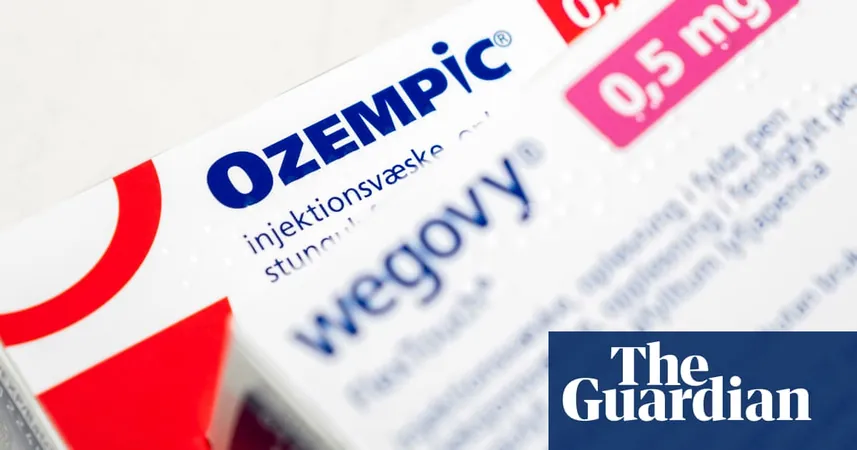
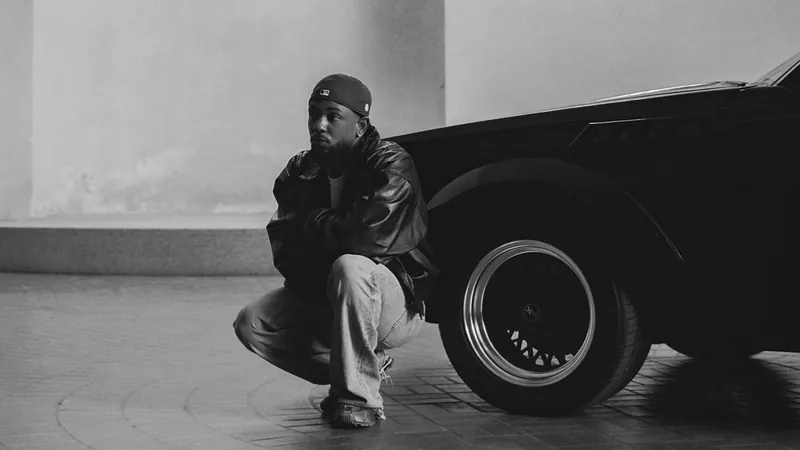
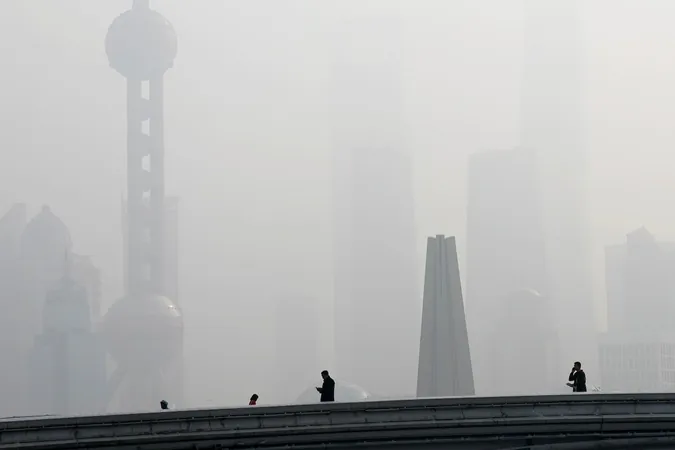
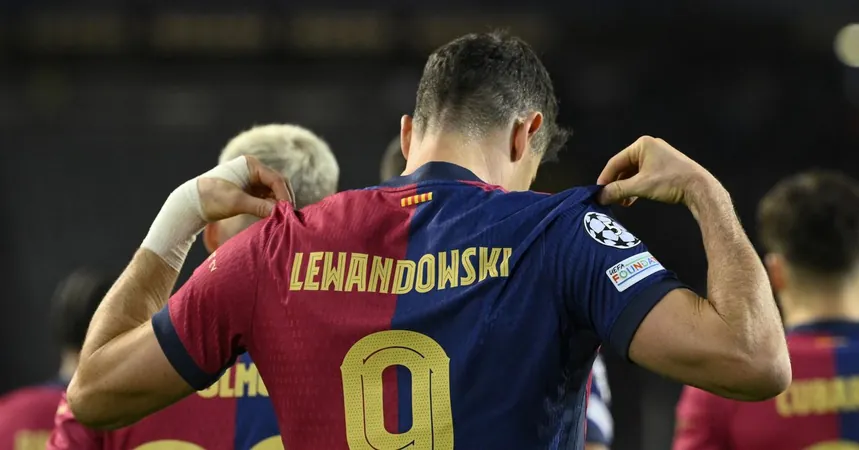
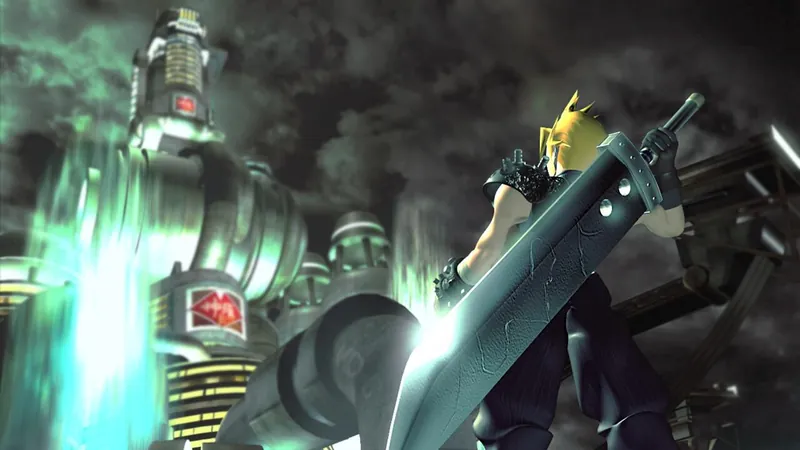
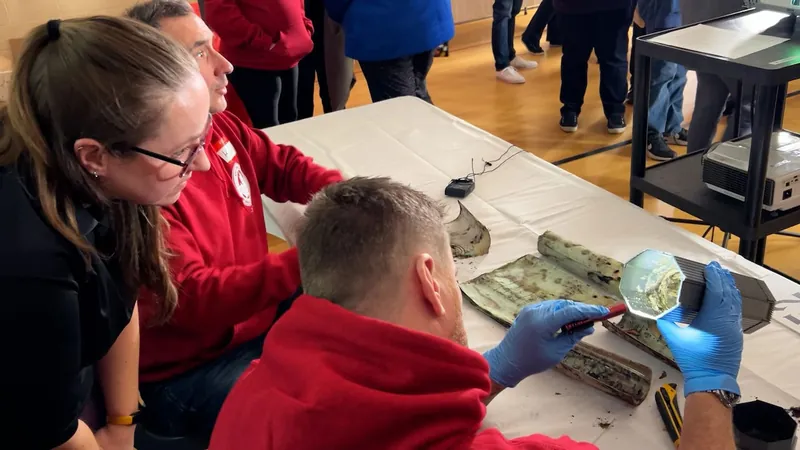
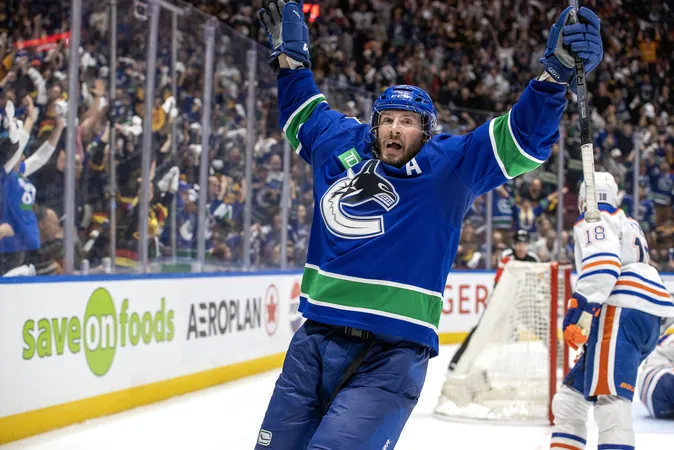

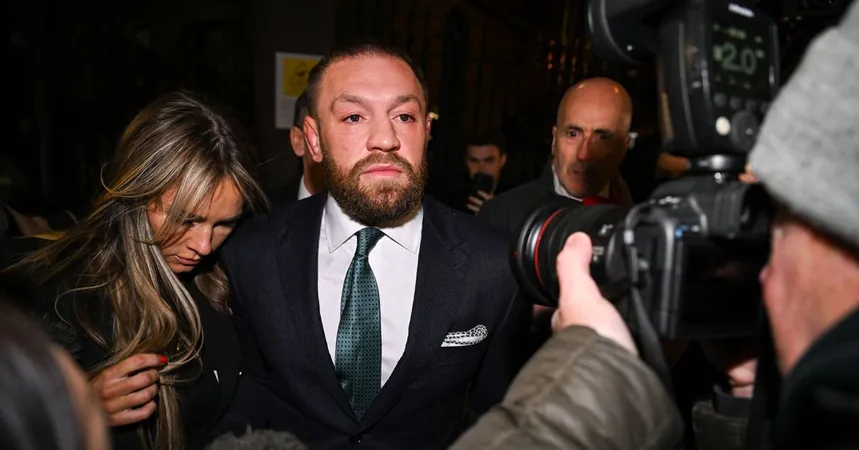
 Brasil (PT)
Brasil (PT)
 Canada (EN)
Canada (EN)
 Chile (ES)
Chile (ES)
 España (ES)
España (ES)
 France (FR)
France (FR)
 Hong Kong (EN)
Hong Kong (EN)
 Italia (IT)
Italia (IT)
 日本 (JA)
日本 (JA)
 Magyarország (HU)
Magyarország (HU)
 Norge (NO)
Norge (NO)
 Polska (PL)
Polska (PL)
 Schweiz (DE)
Schweiz (DE)
 Singapore (EN)
Singapore (EN)
 Sverige (SV)
Sverige (SV)
 Suomi (FI)
Suomi (FI)
 Türkiye (TR)
Türkiye (TR)